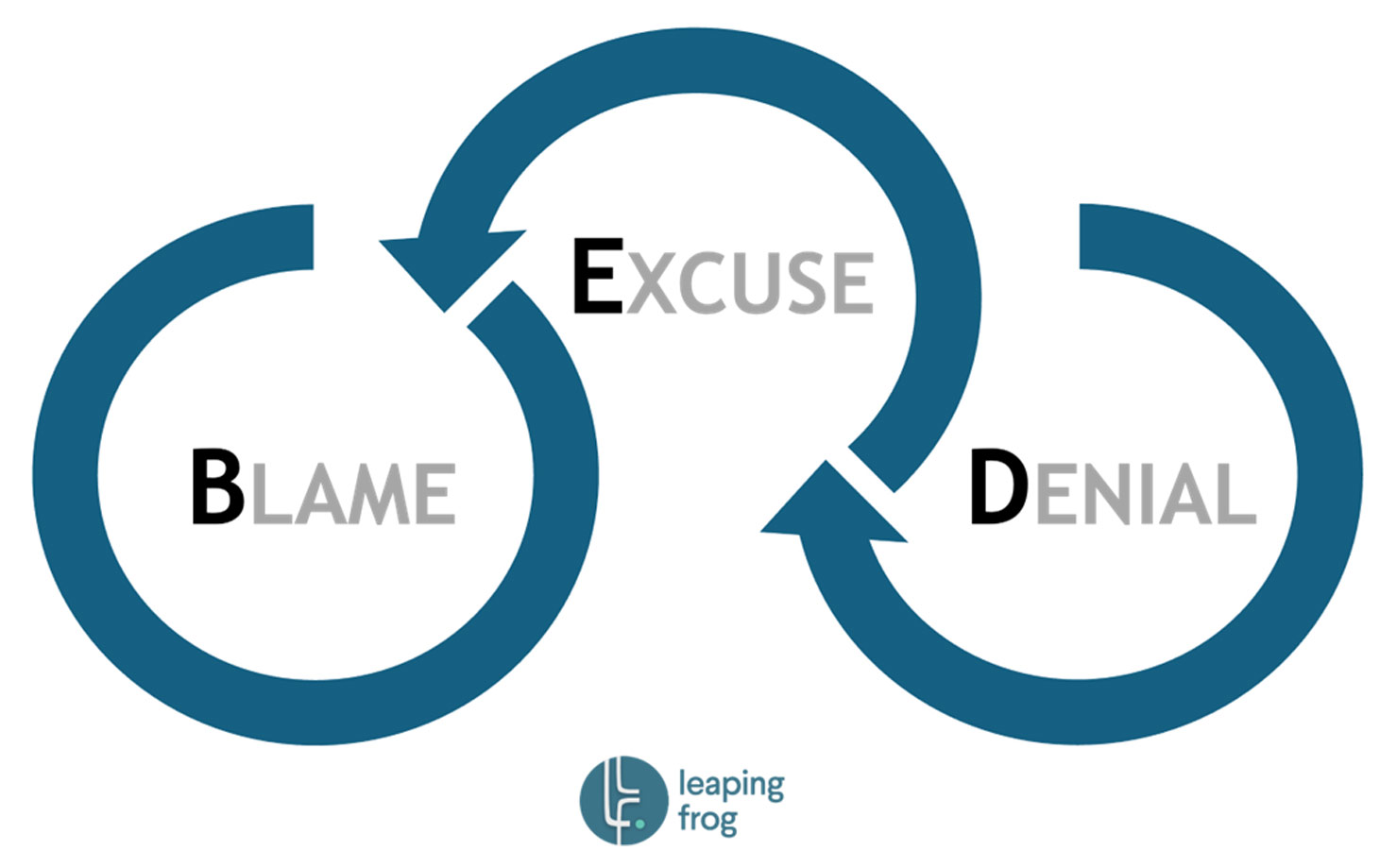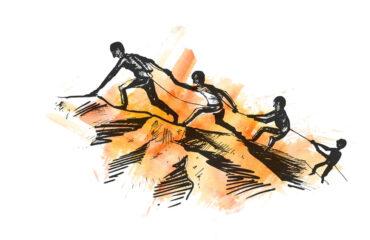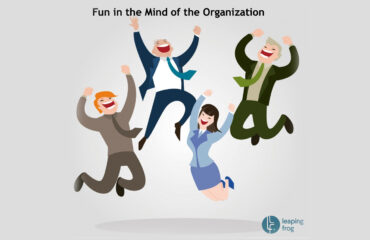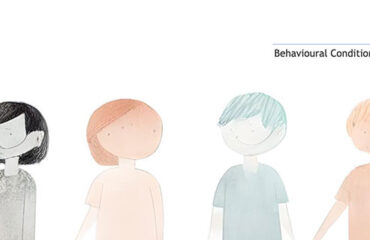
Blame, Excuse and Denial
In human behaviour, Blame, Excuse, and Denial (BED) often tempt us to externalise problems that should rightfully be internalised. These tendencies, deeply ingrained within us, serve as defence mechanisms, shielding us from the discomfort of owning up to our responsibilities.
Research in psychology sheds light on these behavioural patterns, revealing their roots in our innate need to preserve our self-image and protect our ego. When faced with challenges or failures, our instinctual response may be to shift the blame onto external factors, absolving ourselves of culpability. After all, pointing fingers is far easier than confronting our shortcomings.
Excuses provide another escape route, allowing us to rationalise our actions or inactions. Whether citing a lack of time, resources, or support, excuses serve as convenient justifications for our behaviour, shielding us from the harsh glare of accountability. By weaving a web of explanations, we create a buffer zone between ourselves and the consequences of our choices.
Perhaps the most insidious of the trio is denial. When confronted with uncomfortable truths or inconvenient facts, we may instinctively recoil, refusing to acknowledge our role in shaping our circumstances. Denial offers a false sense of security, allowing us to cling to our illusions rather than face the harsh realities staring us in the face.
However, while blame, excuse, and denial may offer temporary relief from the weight of responsibility, they ultimately prove to be poor coping mechanisms in the long run. By externalising problems, we relinquish control over our lives, surrendering to a sense of helplessness and victimhood. Instead of empowering ourselves to effect change, we resign ourselves to the whims of fate, trapped in a cycle of inaction and stagnation.
Embracing ownership and accountability represents a courageous leap towards personal growth and empowerment. When we internalise problems, we reclaim agency over our lives, acknowledging our role in shaping our actions. Rather than succumbing to blame, excuse, or denial, we confront challenges head-on.
Individuals who take ownership of their actions experience greater psychological well-being and satisfaction. By accepting responsibility for our choices, we cultivate a sense of self-efficacy and empowerment, fuelling our drive to strive for excellence and pursue our goals with determination.




